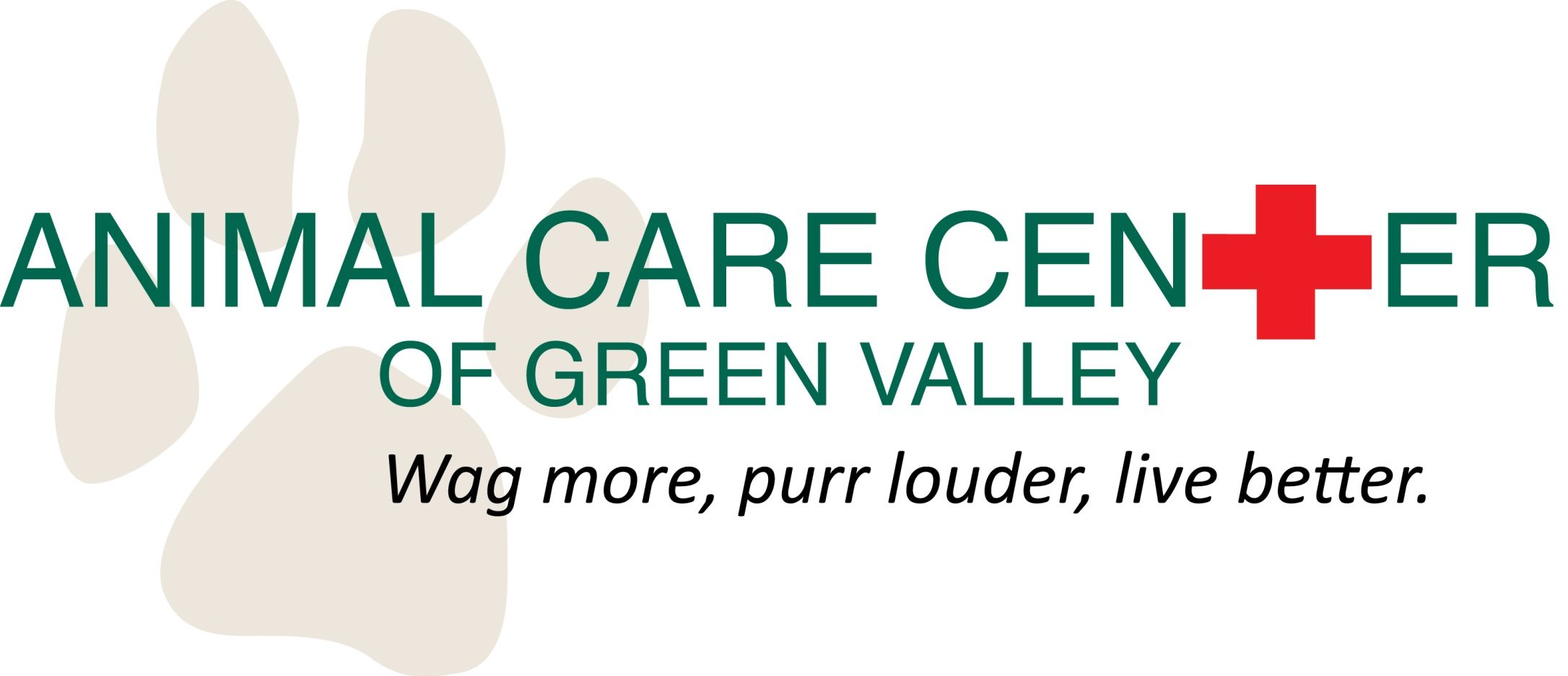Diarrhea in dogs
Stomach (GI) issues are the most common complaint that we see in our canine friends. Dogs, with their keen noses are always digging up great things to eat, and sometimes both of you suffer through bouts of GI upset due to these dietary indiscretions. Most people who have owned dogs for any period of time know that there are going to be times when dogs either have loose stool for a day or so, or vomit something dreadful onto the living room carpet.
So, when does GI upset become a cause for concern? Vomiting and diarrhea are both the most common forms of GI upset found in dogs.
We become concerned about diarrhea or constipation when:
Diarrhea:
- It lasts more than 48 hours in an otherwise perfectly normal dog
- It is accompanied by blood or black tarry stools
- It is accompanied by any lethargy
- It is accompanied by any other signs of illness
- In any older, weak, or otherwise ill dog.
*Any diarrhea in a puppy is an emergency. Puppies are very susceptible to fatal viral infections that cause diarrhea. They can also carry worms and internal parasites that are extremely dangerous to humans, especially children. Puppies, because of their small size can become dangerously hypoglycemic and dehydrated because of diarrhea. Never wait for a puppy to look sick. In these cases, seek treatment immediately.
*Adult dogs with unknown vaccine histories are at increased risk of viral infections that cause diarrhea. These infections can be very serious or fatal, and therefore immediate veterinary care is recommended for any dog with diarrhea whose vaccine history is unclear. Do not wait for the dog to look sick.
Constipation:
Do not wait to seek treatment if your dog has constipation or is straining to have a bowel movement. Constipation is very uncomfortable and painful and if left untreated may progress into a more serious condition. Ongoing issues with constipation can point to some serious illnesses, many of which are treatable and easily managed.
